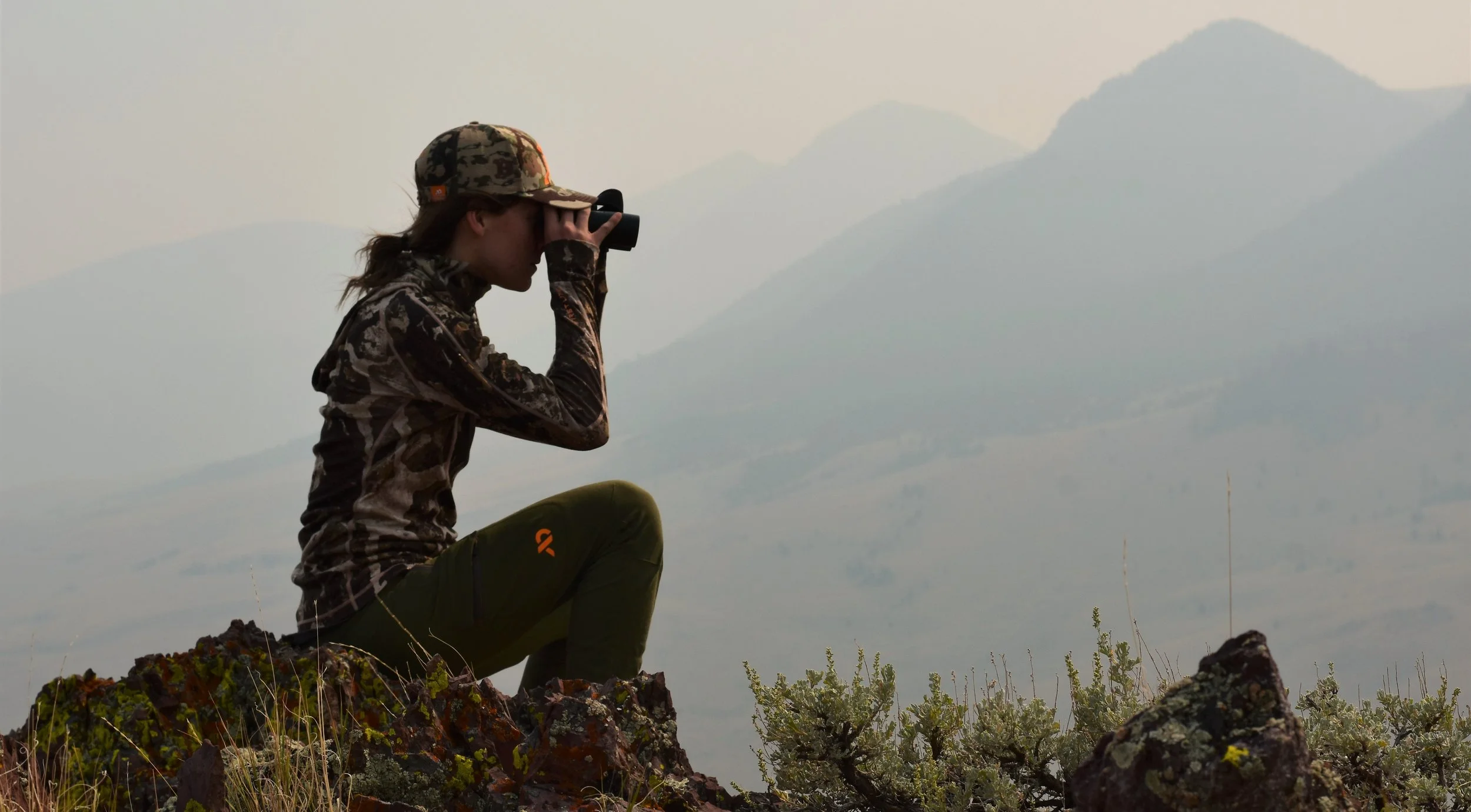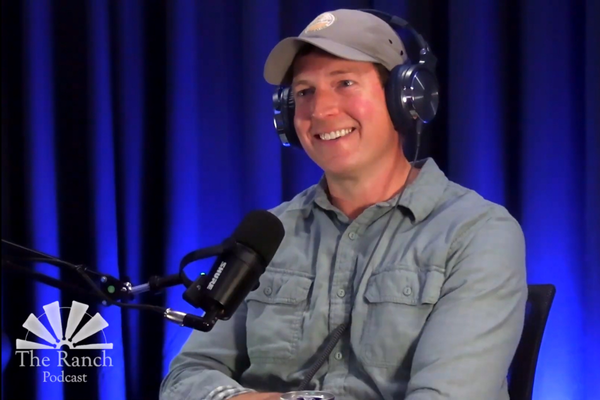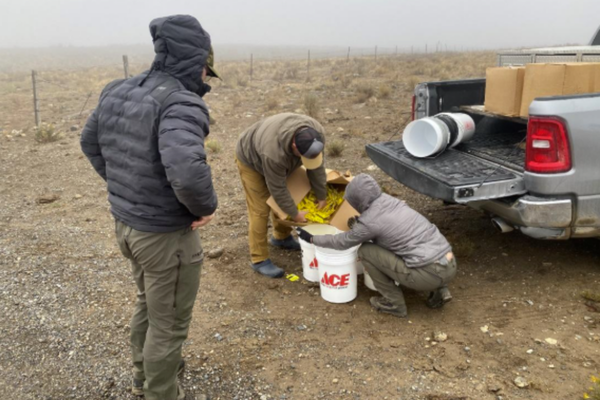A Beloved Conservation Program and Why Its Reauthorization Matters for Idahoans
In 1964 an idea was crafted: protect America’s outdoor heritage by acquiring land and supporting conservation easements, building and maintaining city parks and infrastructure in support of outdoor recreation, and providing continued access to hunting and fishing opportunities; Even better, do it without the taxpayer’s dime. This idea was the Land and Water Conservation Fund, or LWCF.
Never heard of it? Don’t worry, you’re not alone. Here’s a quick rundown on LWCF.
Started in 1964, it receives funding from royalties paid for by offshore oil and gas companies, not American taxpayer money. The model is this: use the depletion of one resource to fund the conservation of another.
Alright so number one sounds great. But maybe you’re still thinking “How does LWCF impact me and the areas I like to recreate?” If you have recreated, you have utilized the benefits of LWCF. Projects worked on under the program include things like public pools and paved bike paths, boat ramps and fishing access, land acquirement and conservation easements. Almost everyone has a stake in the game when it comes to LWCF.
LWCF has touted bipartisan support since its inception. Need we say more?
In Idaho alone, LWCF has funded hunting and fishing access, conservation easements, city park improvements and countless more projects. It’s been utilized in every single county and corner of the state.
So here’s the problem: LWCF is set to expire on September 30th of this year. Current legislation is being worked on that would permanently reauthorize LWCF and, of equal importance, permanently fund the program. Over $900 million could be utilized through LWCF but the program almost never sees that amount of money. It’s often diverted into other, unrelated avenues leaving conservation work across the country severely backlogged.
With an impressive history and a promising future, LWCF is clearly worth holding on to. Fighting for the conservation of land and water used by hunters and anglers takes work – hard work. But to walk into the mountains or wade through a river, knowing that you somehow played a role in their continued conservation – that’s hard to beat.
Find out more information on LWCF in Idaho here.




